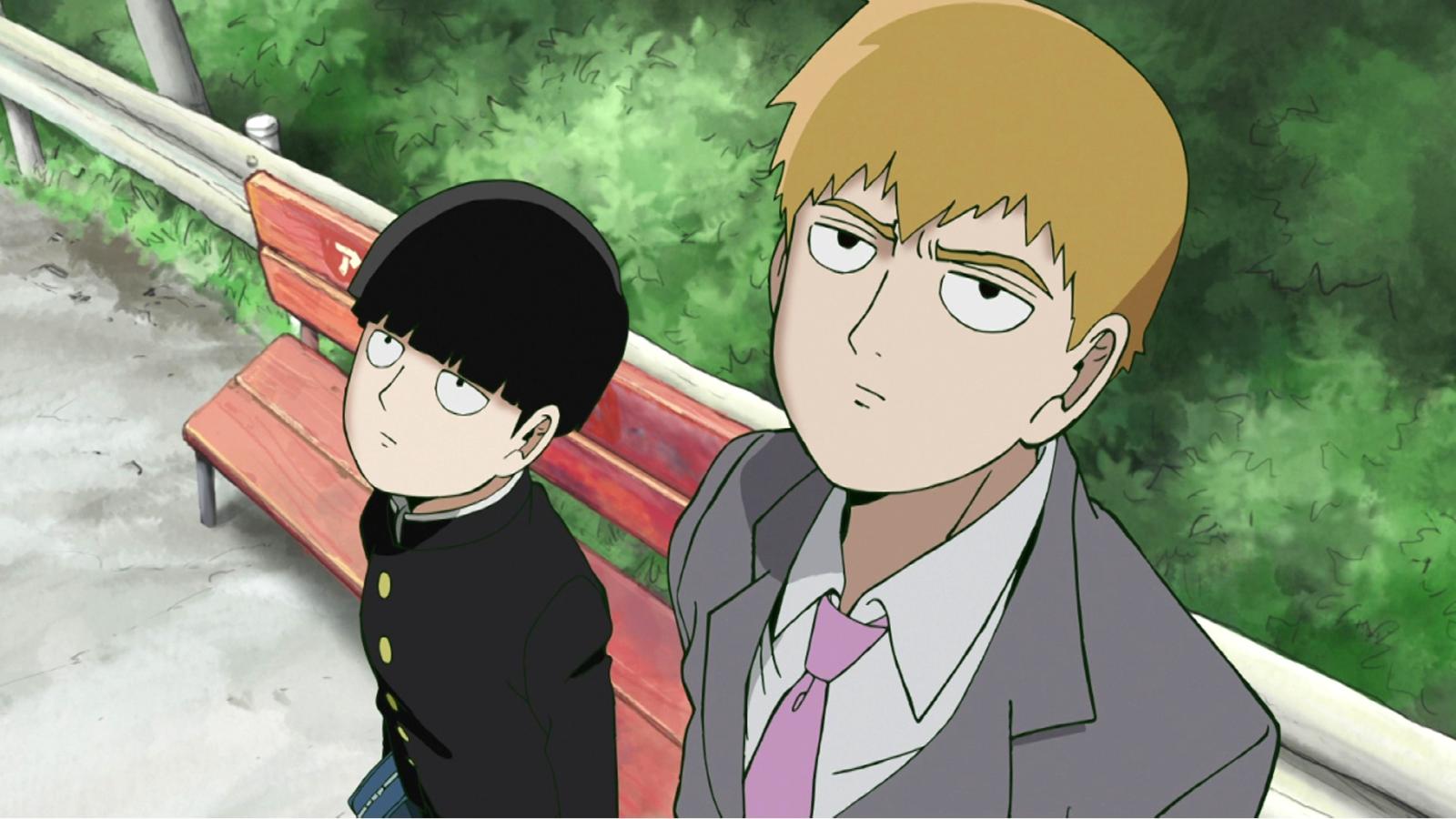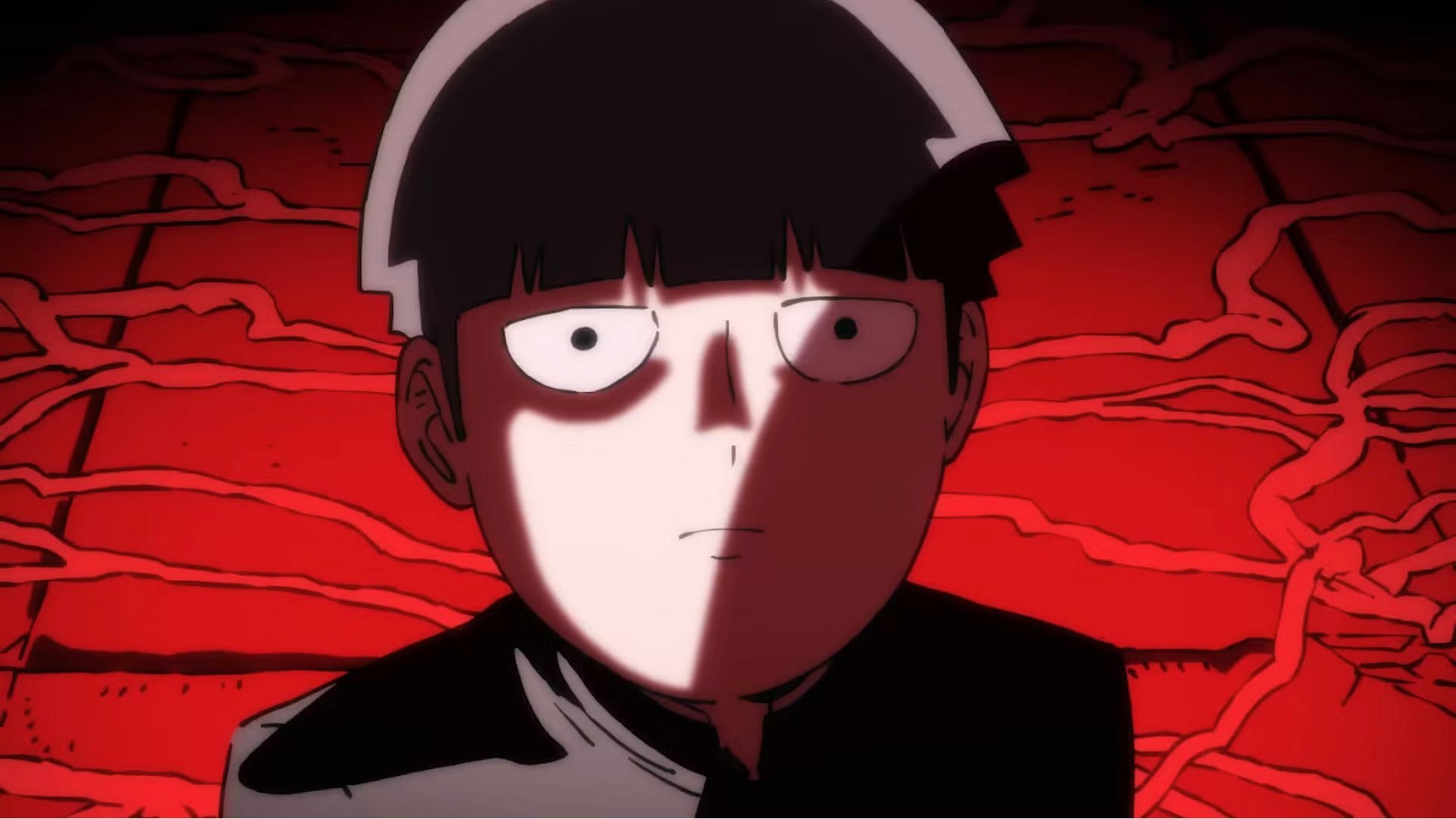A lesson in acceptance.
There are a lot of things that make Mob Psycho 100 different from the average show targeted at the shounen demographic. It all comes down to the characters, those who the story is centered on.
The show touches upon the importance of friendship and meaningful human connections, which is common, sure, but most importantly it focuses on how a person should perceive oneself and what relationships they should build with themselves.
Mob Psycho 100 is a story of getting at peace with oneself.
The first season doesn't pay much attention to that, but the second and the third do, focusing on the two main characters of the show, respectively, Reigen and Mob. Reigen is an adult who didn't know what to do with his life, so he decided to start an agency that deals with supernatural things. He doesn't possess any psychic powers, but he's a smooth talker, so the business somehow stays afloat.

Mob, or Shigeo, is a middle-schooler, who's been a very powerful psychic since his youngest years, and somehow he stumbles upon Reigen, finds a brotherly figure in him, one that can guide him in the world where he can explore his powers and use them for good, and he stays as Reigen's apprentice.
These characters have different troubles with self-doubt. Reigen knows that he is a fraud, and is afraid that the world wouldn't accept him without his facade.
He is afraid that people who will know the real him won't want to interact with him. So he lies, he uses all the charisma he has to deceive others. It helps him with the business, sure, but it doesn't help him to build proper friendships.
The only person he has frequently interacted with for the past few years was a kid that he bosses around. For him, one of the climactic moments happens in the second season where he gets roped into a scandal and gets a lot of bad publicity. In his case, self-acceptance comes from allowing others to see who he really is.
Mob's case is different: knows that he is a powerful psychic; he has a family that knows it, friends who are aware of his powers, and those around him accept this part of him. But he doesn't. He saw how devastating it can be, and he's afraid of losing control over it.
He is afraid of letting himself be himself, because he doesn't want to hurt everyone. So he hides his emotions and wishes, bottles them up, until his emotion's vault is at full capacity and just spills over, bringing the mayhem with it.
In Mob's case, self-acceptance comes in the form of allowing himself to be who he wants to be instead of rejecting his humanity for the semblance of control.
Acceptance comes in different ways, and both are gratifying.

